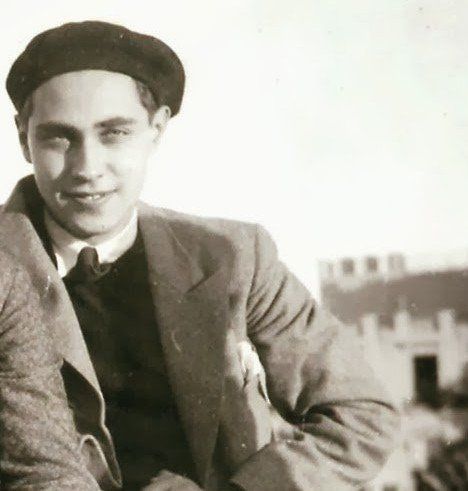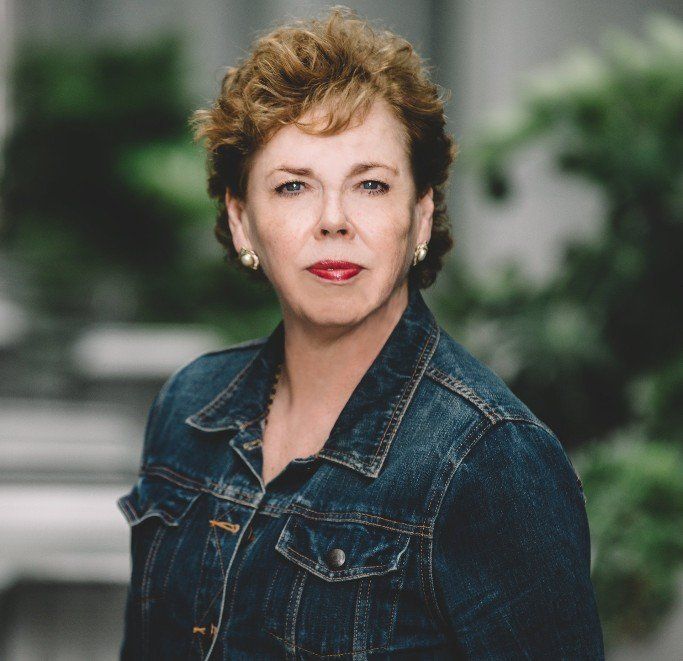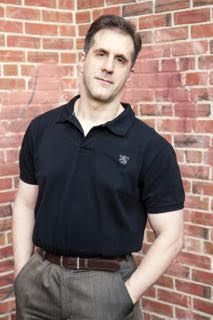Among the many cultural victims of the Holocaust was an adventurous composer named Viktor Ullmann, who had an affinity for music that the Nazis labeled “ degenerate “. Ullmann first studied briefly with Schönberg, and later with Zemlinsky. When I was first introduced to Viktor Ullmann’s songs in London in the late 1990’, his musical language immediately had a deep impact on me. Ullmann’s tonal landscape is a profound reflection of its time and space: he was a product of the hotbed of artistic, intellectual, and political life of pre - First World War Vienna, where he attended grammar school and university.
Most of his own compositions, however, were written in the interwar period - another time of immense creative blossoming across the artistic spectrum. Born in a Habsburg Empire province on the eve of the new century, he lived and worked in Austria, Switzerland, Germany and Czeckoslovakia, before being deported to Theresienstadt in 1942 and eventually murdered in Auschwitz on October 18th, 1944. I find the art songs of the first half of the 20th century the most satisfying to sing. It is the mixture of times past and the modernity in the compositions of this era that I find so compelling; the past and the future present in every note, in every chord.
Ullmann’s songs in particular are so bold and strong even in quiter moments. Contrasting Ullmann’s and Korngold’s musical language in particular, makes for a fascinating listening, with Ullmann clearly embracing atonality and expressionism, while Korngold stays rooted in the late - Romantic vernacular of Zemlinsky and Strauss.
Also included in our programs are songs by another underrepresented central European composer, Petr Eben. Several generations younger than Ullmann, Eben was also interned in a Nazi concenttration camp - Buchenwald - but unlike Ullmann he survived and became a central figure in the Czech musical scene for many decades. Songs and piano music by Schönberg, Messiaen , Britten, Pfizer and Strauss are also featured in our programs. We are expanding our music offerings by including Ullmann’s only surviving String Quartet # 3, Korngold’s Piano Trio, Messiaen’s Visions de l’Amen and his Quartet for the end of Times.




